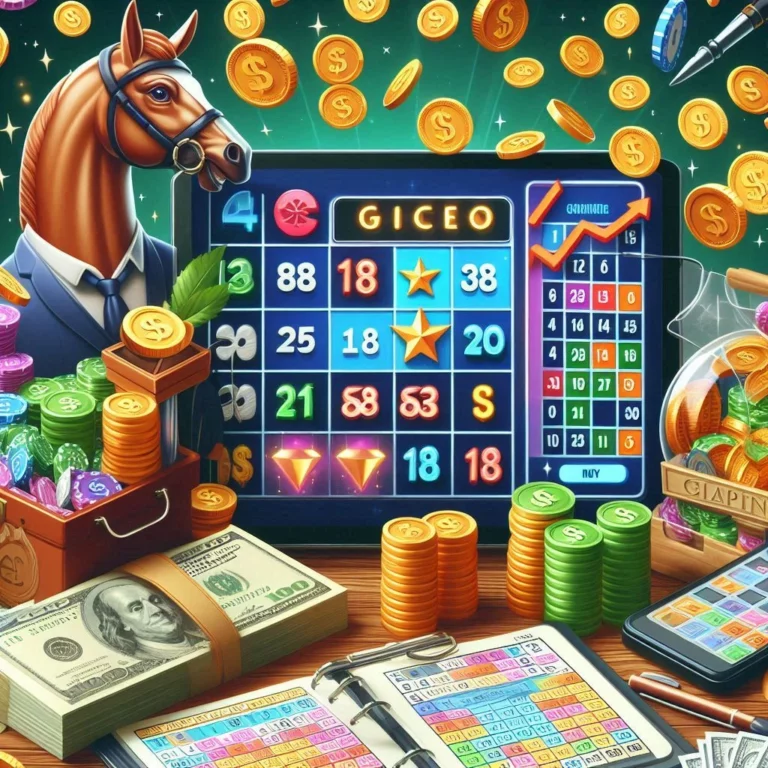Slot machines are more than just a flashy form of entertainment—they’re a cultural and economic force with profound effects on society. From local economies to mental health, the rise of slot gaming has sparked debates about its benefits and consequences. In this deep dive, we explore how slot machines influence communities, economies, and individual lives, and what this means for the future of gambling.
1. The Economic Impact of Slot Machines: Boon or Burden?
Revenue Generation and Job Creation
Slot machines are a cornerstone of the gambling industry, generating billions annually for casinos, governments, and communities. Taxes from slot revenue often fund public services like education, infrastructure, and healthcare. For example, states like Nevada and New Jersey rely heavily on gambling taxes to support local programs. Casinos also create jobs, from technicians maintaining machines to hospitality staff, boosting employment in regions where they operate.
The Dark Side: Financial Strain and Inequality
While slot machines contribute to economies, they disproportionately affect low-income individuals. Studies show that people with lower incomes spend a higher percentage of their earnings on slots, leading to debt, bankruptcy, and strained social safety nets. Critics argue that slots act as a “regressive tax,” exploiting vulnerable populations while benefiting wealthier stakeholders.
2. Social Consequences: Community Bonds vs. Addiction Risks
Social Interaction and Entertainment
Slot machines have long been a social activity, whether in casinos, bars, or online platforms. For many, they offer a sense of community—think retirees bonding over weekly casino trips or friends enjoying a night out. Modern online slots even incorporate chat features, creating virtual spaces for connection.
The Rise of Problem Gambling
The accessibility of slots—both physical and digital—has fueled addiction rates. The American Psychiatric Association classifies gambling disorder as a behavioral addiction, with slots being particularly addictive due to their fast-paced, reward-driven design. Consequences include:
- Mental health struggles: Anxiety, depression, and isolation.
- Relationship strain: Financial secrecy and broken trust.
- Social stigma: Many avoid seeking help due to shame.
Communities with high gambling accessibility often see increased rates of crime, domestic issues, and demand for addiction treatment services.
3. Regulatory Responses and Responsible Gambling
Government Policies and Harm Reduction
To mitigate negative impacts, governments and casinos have introduced measures like:
- Self-exclusion programs: Letting players ban themselves from casinos.
- Spending limits: Capping bets or losses per session.
- Public awareness campaigns: Highlighting risks of problem gambling.
The Role of Technology
Innovations like AI-driven tools now identify at-risk players by analyzing behavior patterns. Apps like Gamban block access to gambling sites, while online casinos embed pop-up warnings for excessive playtime.
4. The Future of Slot Gaming and Society
Digital Expansion and Mobile Slots
The shift to online gambling—accelerated by smartphones—has made slots accessible 24/7. While convenient, it raises concerns about underage gambling and data privacy. Cryptocurrency casinos and VR slots are emerging trends, further blurring lines between gaming and gambling.
Balancing Profit and Ethics
As the industry grows, stakeholders face pressure to prioritize social responsibility. Advocates push for stricter regulations, higher taxes on operators, and reinvestment in addiction support programs.
FAQs: Addressing Key Questions
Q: Are slot machines designed to be addictive?
A: Yes. Slot machines use psychological tactics like “near misses” and variable rewards to keep players engaged, similar to social media algorithms.
Q: Do slots benefit local economies?
A: While they generate jobs and tax revenue, the long-term costs (e.g., addiction treatment) may offset gains in some communities.
Q: How can individuals gamble responsibly?
A: Set budgets, avoid chasing losses, and use tools like time-tracking apps. Seek help immediately if gambling affects daily life.
Slot machines are a double-edged sword, offering entertainment and economic benefits while posing significant social risks. As technology evolves, the challenge lies in fostering a balanced approach—one that celebrates gaming’s thrills without sacrificing societal well-being.
Interested in learning more about responsible gambling? Explore our resources or take our self-assessment quiz to evaluate your gaming habits.








Leave a Reply